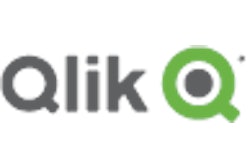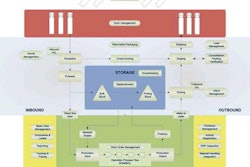Solna, Sweden—April 11, 2014—International Business Systems (IBS), a global integrated enterprise resource planning (ERP) and supply chain solution provider, announced a partnership with Qlik, a provider of user-driven business intelligence (BI), to add robust BI capabilities to its IBS Business Suite offering.
IBS provides ERP and warehouse management system (WMS) distribution software to consistently improve operational efficiencies and business performance for mid-market companies challenged by the complexities of managing distribution.
Through the QlikView Business Discovery platform, Qlik enables business users to freely explore and find connections, patterns and outliers in data without having to model those relationships in advance. Industry analyst firms, business organizations and the media acknowledge Qlik for the value it provides customers. Gartner positioned Qlik in the leaders quadrant of its Magic Quadrant for Business Intelligence and Analytics Platforms, dated February 20, 2014 (G00257740, Analyst(s): Rita L. Sallam, et al.)
QlikView will be integrated into the IBS software suite of products, serving customers in key verticals like pharmaceuticals, food and beverage, automotive aftermarkets, third-party logistics (3PL) and wholesale distribution. QlikView users interact with their data in a visually appealing way. The result is better decision-making for business users and their organizations.
“What the modern workforce needs is not another tool that puts a new face on the same old data. Instead, they need visualizations that look good, and allow users to search and explore the underlying data,” said Christof Majer, vice president of global partner sales and partner network at Qlik. “QlikView empowers users to unearth new insights, and it will enhance the ability of IBS supply chain software to drive revenue, improve productivity and give decision-makers the ability to be proactive rather than reactive to issues or market changes affecting their businesses.”













